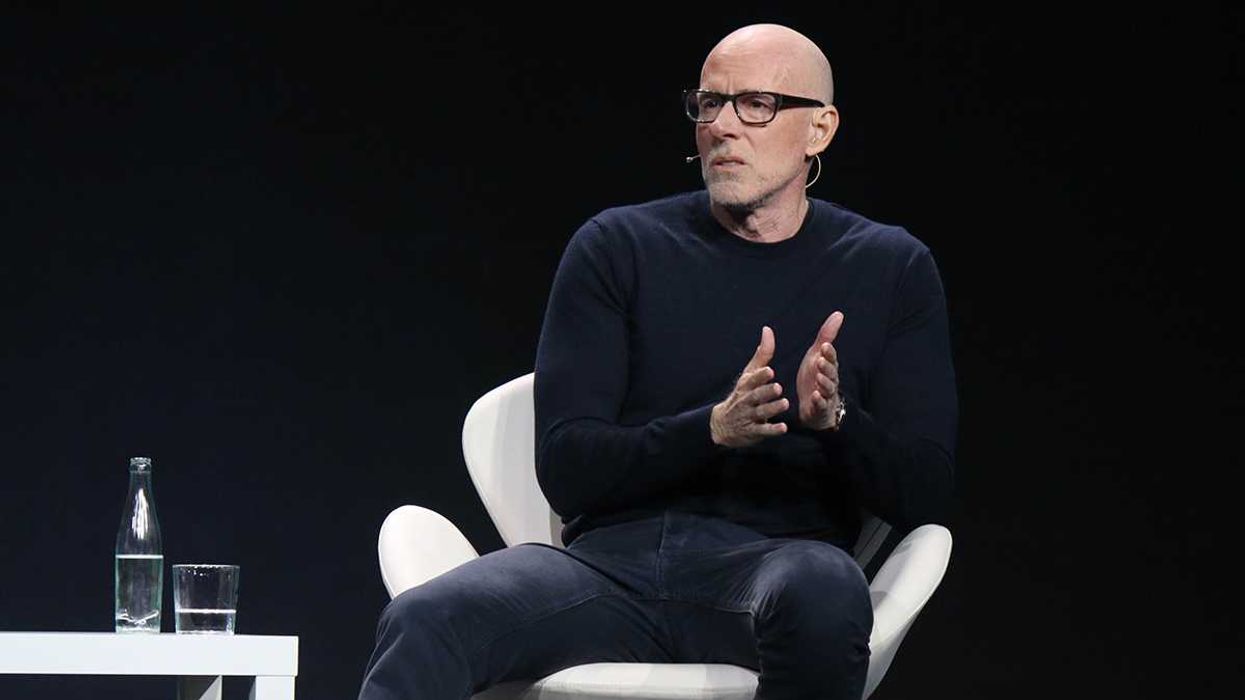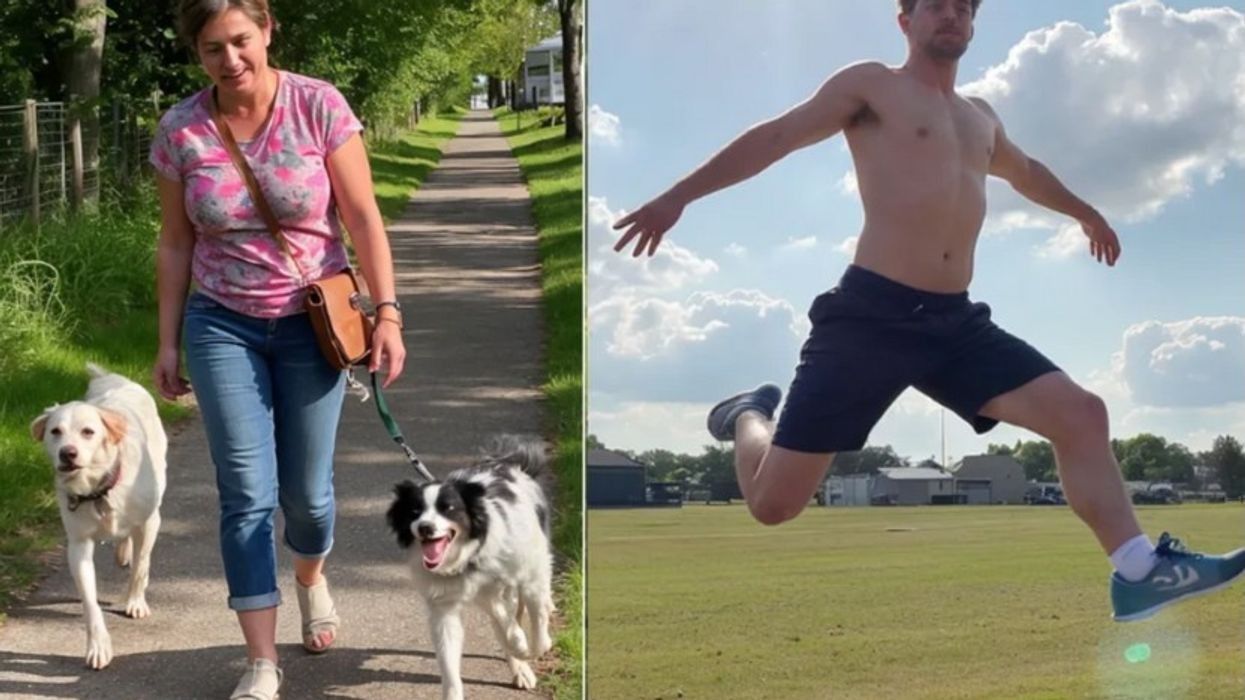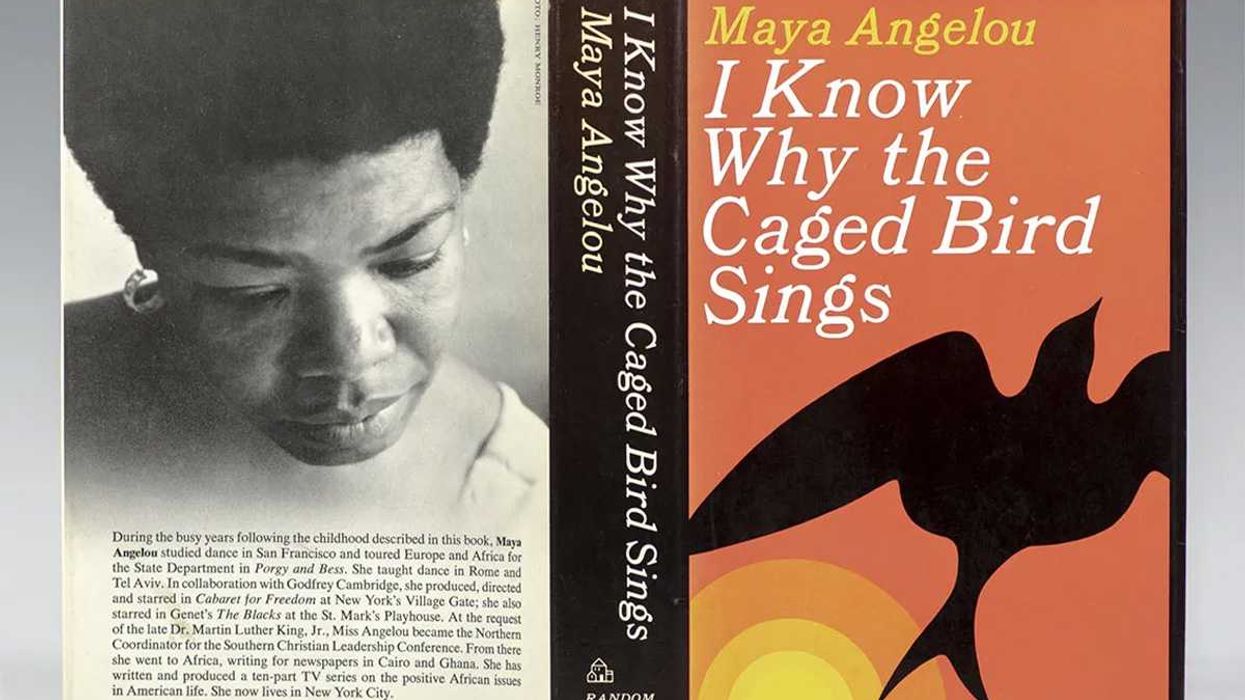This is our new space, our blank canvas, to play and experiment with sharing ideas and telling stories that bring creativity and impact to life. It is a place to think about the global aspect of our individual lives—whether we are entrepreneurs, teachers, builders, makers, leaders, helpers, reporters, tinkerers, engineers, or activists.
While you’ll find the entire archive of the magazine, from both print and digital, this is, by and large, a place to develop the ever-evolving entity of GOOD. As we settle into these new digs, you can expect at least one new, original feature each weekday. With every piece, we aim to inspire and provoke you, to challenge what it means to do and be good in the world today.
GOOD aims to make thought and vision matter, to dismantle conventional notions of good and bad, and to explore the art of problem-solving. It embraces a future that hasn't yet been written—for ourselves, our communities, and our world. GOOD is a creative force for change, a multimedia laboratory that connects ideas with action.
GOOD is brought to life by a global network of fearless innovators and existential deep-sea divers, unflinching observers and amazing storytellers, master craftsmen and eager apprentices. Together, we aim to explore new forms of making media that are compelling and impactful. If you’re interested in joining us, check out our jobs page here or pitch us your own ideas for features, projects, and other collaborations at submissions [at] goodinc.com.
•
To keep up with the latest from GOOD Magazine, follow us Facebook or Twitter.
And of course, subscribe to our beautiful, quarterly print magazine, for something awesome to hold onto, present on your coffee table, or bring to the beach.
















 Couple talking in the woods.
Couple talking in the woods. Woman and man have a conversation.
Woman and man have a conversation. A chat on the couch.
A chat on the couch. Two people high-five working out.
Two people high-five working out. Movie scene from Night at the Roxbury.
Movie scene from Night at the Roxbury.  Friends laughing together.
Friends laughing together.
 Maya Angelou reciting her poem "On the Pulse of Morning" at President Bill Clinton's inauguration in 1993.William J. Clinton Presidential Library/
Maya Angelou reciting her poem "On the Pulse of Morning" at President Bill Clinton's inauguration in 1993.William J. Clinton Presidential Library/  First edition front and back covers and spine of "I Know Why the Caged Bird Sings."Raptis Rare Books/
First edition front and back covers and spine of "I Know Why the Caged Bird Sings."Raptis Rare Books/ 

 Tow truck towing a car in its bedCanva
Tow truck towing a car in its bedCanva  Sad woman looks at her phoneCanva
Sad woman looks at her phoneCanva  A group of young people at a house partyCanva
A group of young people at a house partyCanva  Fed-up woman gif
Fed-up woman gif Police show up at a house party
Police show up at a house party 
 A trendy restaurant in the middle of the dayCanva
A trendy restaurant in the middle of the dayCanva A reserved table at a restaurantCanva
A reserved table at a restaurantCanva Gif of Tim Robinson asking "What?' via
Gif of Tim Robinson asking "What?' via 

 An octopus floating in the oceanCanva
An octopus floating in the oceanCanva